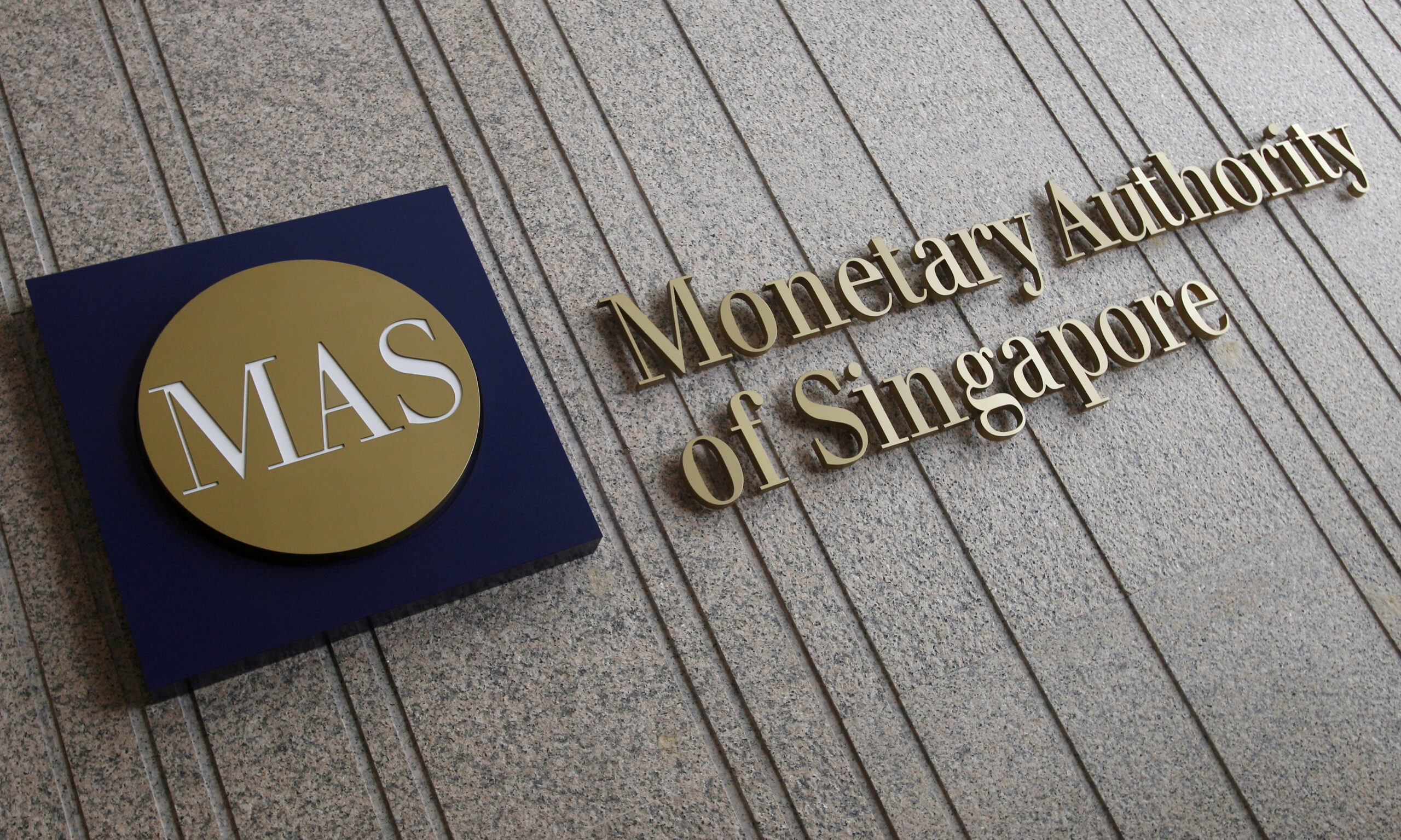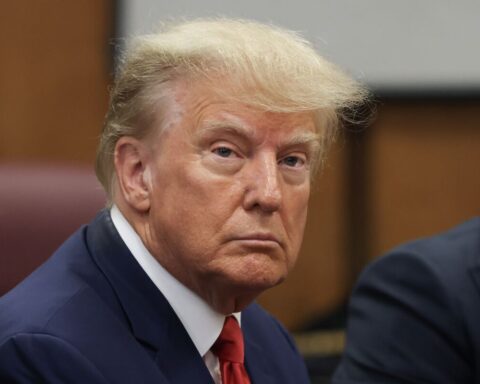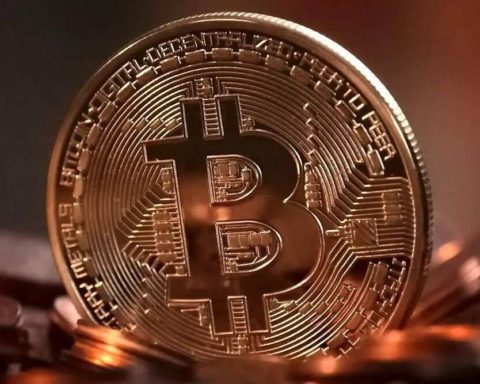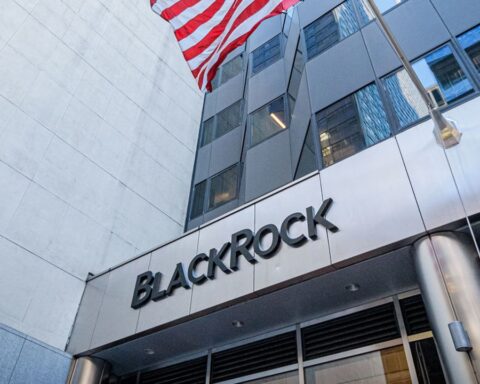The Monetary Exchange of Singapore (MAS) has issued a stern warning to cryptocurrency exchanges operating in the nation to comply with ongoing Russian sanctions.
According to reports, Singapore’s central bank stated it would take action after alleged research found pro-Russian groups had received millions in crypto donations amid the ongoing war in Ukraine.
Numerous Russian entities, including individuals, institutions, and companies, have faced US and European Union (EU) sanctions over the last few months since the onset of the conflict in February.
The news comes after the EU slapped its eighth sanctions package on Moscow, which bans all cryptocurrency exchanges from operating in Russia.
Previous sanctions regimes limited Russian-EU crypto transactions to payments of $10,000 or less.
The news comes just months after Tharman Shanmugaratnam, senior minister and minister in charge of MAS, responded to Parliamentary questions that his institution required all financial entities to comply with measures regardless of whether they were decentralised or traditional channels, reports show.
Crypto Pushback Against Blanket Ban
The news comes months after Coinbase and Binance, the world’s top two crypto exchanges, rejected a blanket ban across Russian platform users amid the ongoing conflict.
Coinbase CEO Brian Armstrong tweeted in early March: “We believe everyone deserves access to basic financial services unless the law says otherwise.”
8/ Some ordinary Russians are using crypto as a lifeline now that their currency has collapsed. Many of them likely oppose what their country is doing, and a ban would hurt them, too. That said, if the US government decides to impose a ban, we will of course follow those laws.
— Brian Armstrong (@brian_armstrong) March 4, 2022
He continued in his thread, stating: “Some ordinary Russians are using crypto as a lifeline now that their currency has collapsed. Many of them likely oppose what their country is doing, and a ban would hurt them too. That said, if the US government decides to impose a ban, we will of course follow those laws.”
At the time, Binance also said it would not “unilaterally freeze millions of innocent users’ accounts.”
According to Reuters, Bitcoin prices spike after the conflict, namely after users moved their money and assets in anonymised crypto wallets. It is believed users took such measures to avoid frozen assets after sanctions hit Russian banks.
In a recent speech, United Nations (UN) Countering Financing of Terrorism Coordinator said in a speech that terrorist organisations were increasingly turning to emerging technologies to finance operations.
She warned at her speech in New Delhi that increasing use of such decentralised and emerging tools could trigger the expansion of terrorist financing networks and operations.




